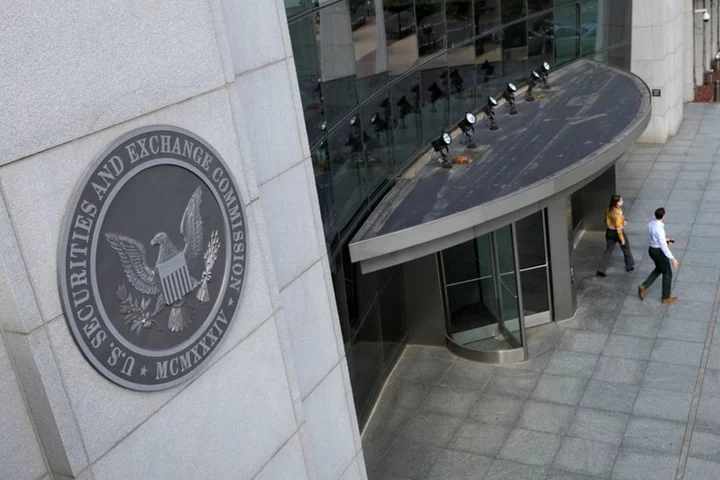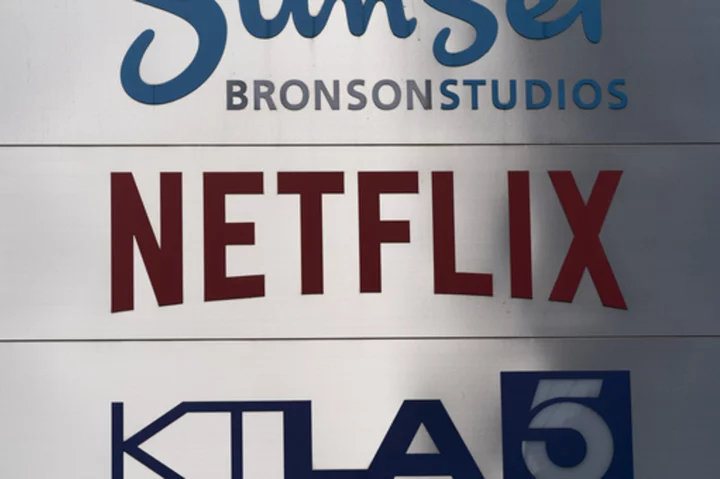By John McCrank
NEW YORK The U.S. Securities and Exchange Commission on Wednesday finalized rules aimed at increasing the resilience of the $5.5 trillion money market fund industry, but scrapped a proposed new pricing model that had been strongly opposed by asset managers.
The SEC's decision not to impose "swing pricing" represents a major victory for asset managers including BlackRock, Vanguard and Fidelity, which operate some of the industry's largest money market funds.
The industry had argued the pricing mechanism, meant to deter hasty investor redemptions in times of market stress, would make money market funds unattractive and be challenging operationally to implement.
Money market funds saw massive outflows in March 2020 at the onset of the COVID-19 pandemic, prompting the U.S. government to intervene to stabilize them. The panic was reminiscent of 2008 when a run on money market funds threatened to freeze up global markets and prompted the government to backstop the sector.
Critics have said money market funds, which are a key source of short-term corporate and municipal funding, now enjoy an implicit government guarantee.
While industry groups commended the SEC for dropping the swing pricing proposal, they said the decision to impose a liquidity fee instead was problematic.
The new liquidity fee requires money market funds to impose mandatory fees when a fund experiences daily net redemptions that exceed 5% of net assets, unless the fund's liquidity costs are negligible. It also gives a fund's board the discretion to impose a fee if necessary.
"The SEC has missed the mark by forcing money market funds to adopt an expensive and complex mandatory fee on investors," said Eric Pan, chief executive of the Investment Company Institute, a trade group for regulated funds.
The mandatory fee should have been re-proposed by the SEC, with greater detail and allowing for public comment, Pan said.
The SEC has been criticized by financial firms, trade groups and some Republican lawmakers who say the regulator's rulemaking is being rushed under Chair Gary Gensler, undermining the quality of the process and risking negative unintended consequences.
If industry groups believe the SEC has not followed the correct rule-writing process, the agency could be vulnerable to legal challenges.
Gensler, though, said the changes had been based upon public feedback. "I believe that liquidity fees, compared with swing pricing, offer many of the same benefits and fewer of the operational burdens," he said at the SEC open meeting.
The amendments are unlikely to make non-government money market funds less attractive to institutional investors, said Rory Callagy, an associate managing director at Moody’s Investors Service.
"The removal of swing pricing from the final rules set was a positive development for the industry, but questions remain about how the liquidity fee requirement that takes its place will work in practice for institutional prime and tax-exempt funds," he added.
(Reporting by John McCrank; additional reporting by Douglas Gillison; editing by Michelle Price, Leslie Adler and Jamie Freed)









